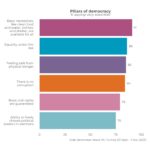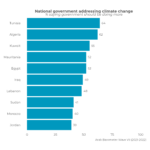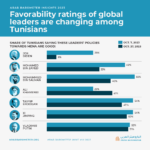Individual attitudes to democracy are important for its functioning and survival. Positive attitudes to, and perceptions of, democracy can support collective resistance to state abuse and help prevent modern democratic backsliding. In contrast, negative attitudes to democracy can drive or signal democratic backsliding and even the deconsolidation of democracy. Scholars assume that high levels of public satisfaction with, trust in, and support for democratic institutions correspond to a high quality democracy. However, accurately measuring, analysing and comparing attitudes to democracy can be complex and is the subject of debate.Cross-national opinion surveys are the most common methodology used by social scientists to measure public attitudes to democracy. This Guide has two aims. First, it informs potential users of opinion survey data on how such data is applied and interpreted, and discusses its potential shortcomings. Rather than dissuading potential users from engaging with opinion survey data, it explains how best to interpret the findings. Second, the Guide lists further reading and provides tools for measuring and understanding levels of support for democracy.The Global State of Democracy 2017: Exploring Democracy’s Resilience aims to provide policymakers with an evidence-based analysis of the state of global democracy, supported by the Global State of Democracy (GSoD) indices, in order to inform policy interventions and identify problem-solving approaches to trends affecting the quality of democracy around the world. The first edition, published in 2017, explores the conditions under which democracy can be resilient and how to strengthen its capacity as a system to overcome challenges and threats.
Visit External SiteTopics
- Charity2
- Corruption103
- COVID-1969
- Democracy24
- Discrimination12
- Economy215
- Education47
- Environment25
- Extremism19
- Freedoms41
- Gender Issues141
- Governance241
- Health40
- International Relations169
- Labor Market31
- Media30
- Migration54
- Political Institutions203
- Political Participation31
- Political Systems51
- Refugees6
- Religion118
- Security25
- Social Justice43
- Wellbeing2
- Youth72


